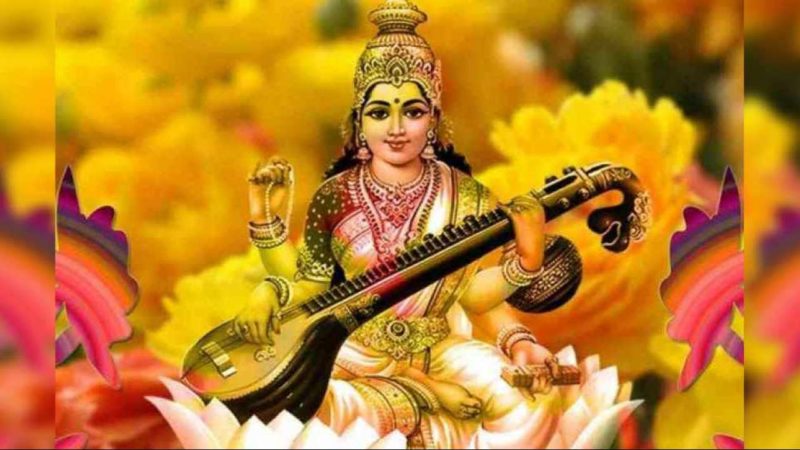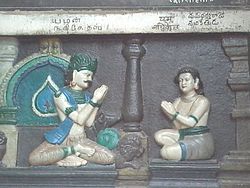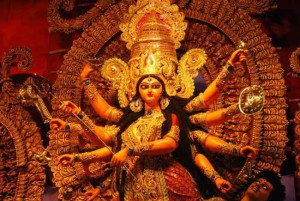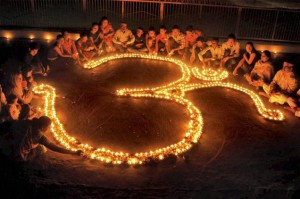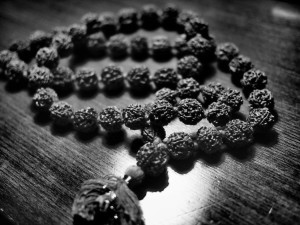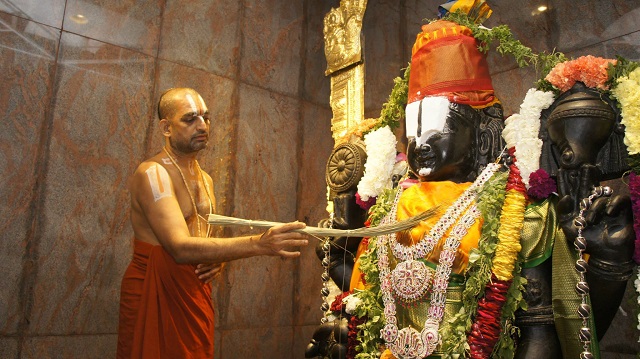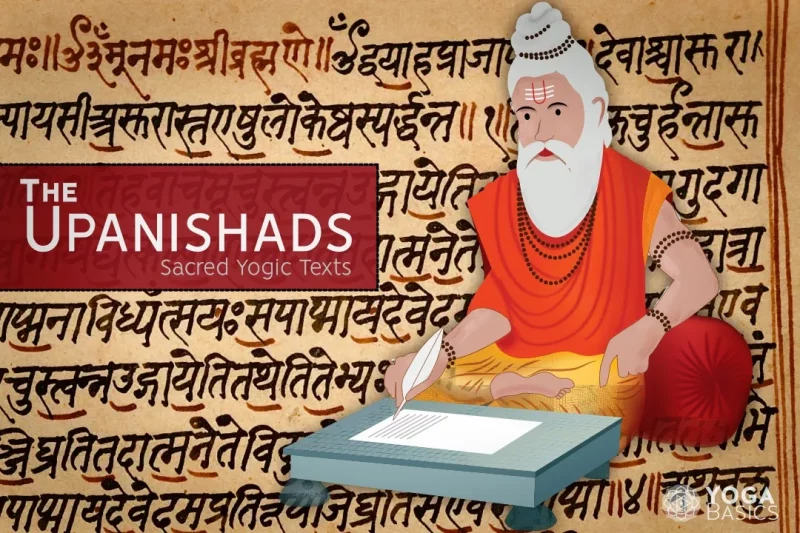No products in the cart.
Hindu Gods, Hinduism, Interesting Hindu Mythology Stories
Varaha Avatar Story – Reason Why Lord Vishnu Took the Varaha Avatar
Along with Brahma, the creator and Shiva, the destroyer, Lord Vishnu is one of the three main male deities in Hinduism and they are together known as the TRIMURTI. Being a part of the Trinity, He has taken ten incarnations and the ten Avatars of Lord Vishnu or the Dashavatara are the several forms He took whenever the universe was in […]

